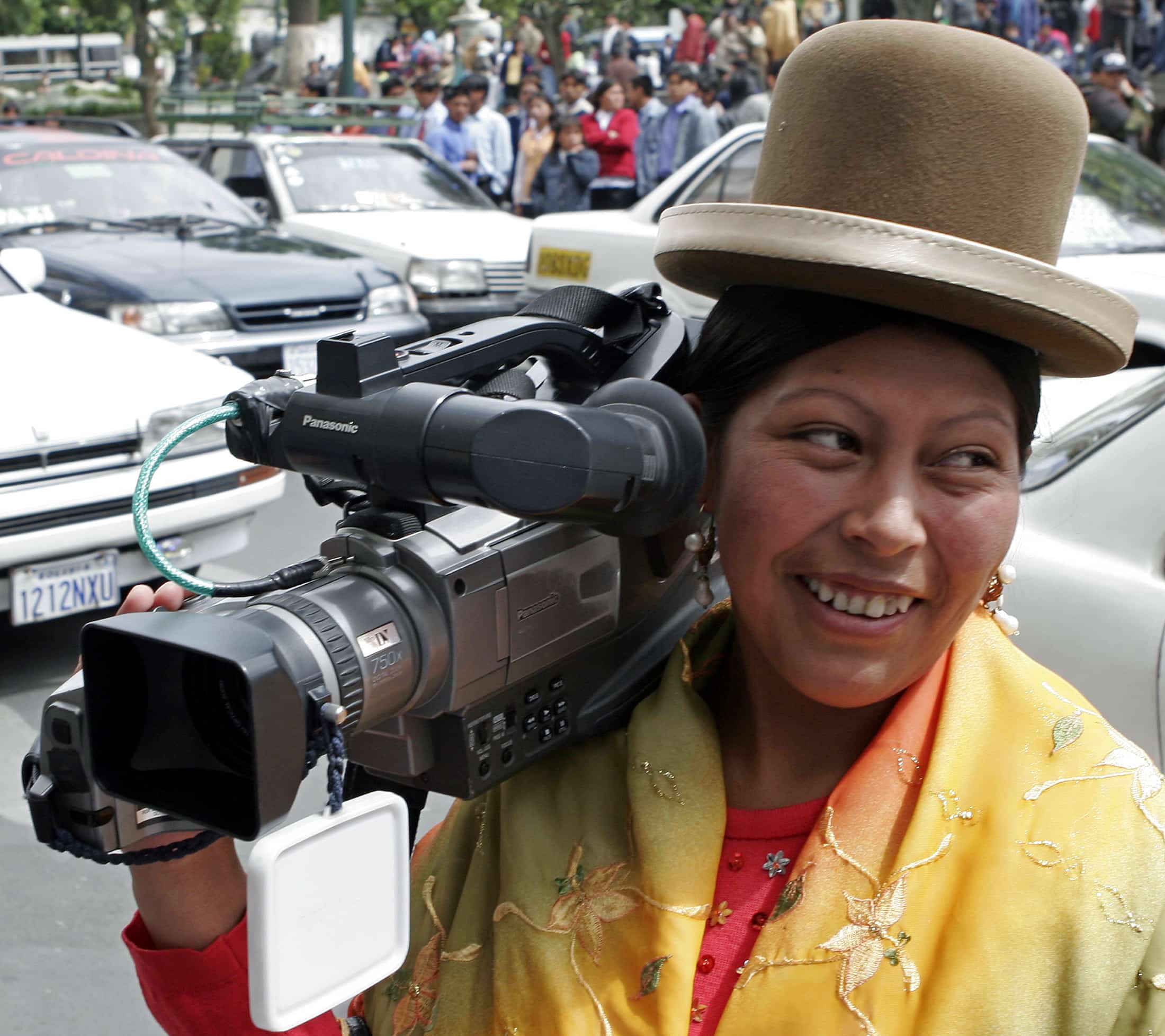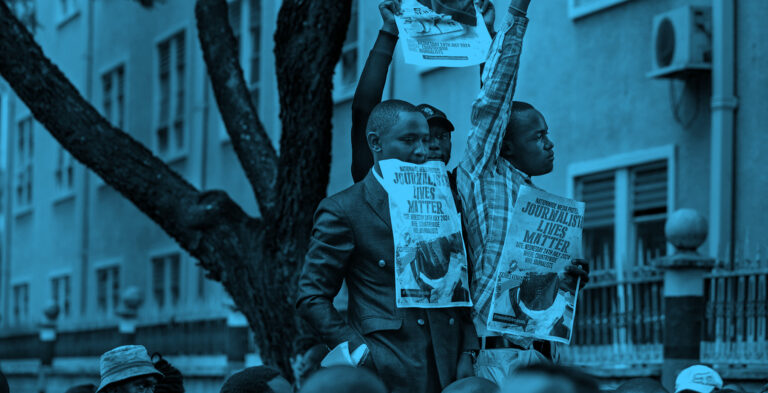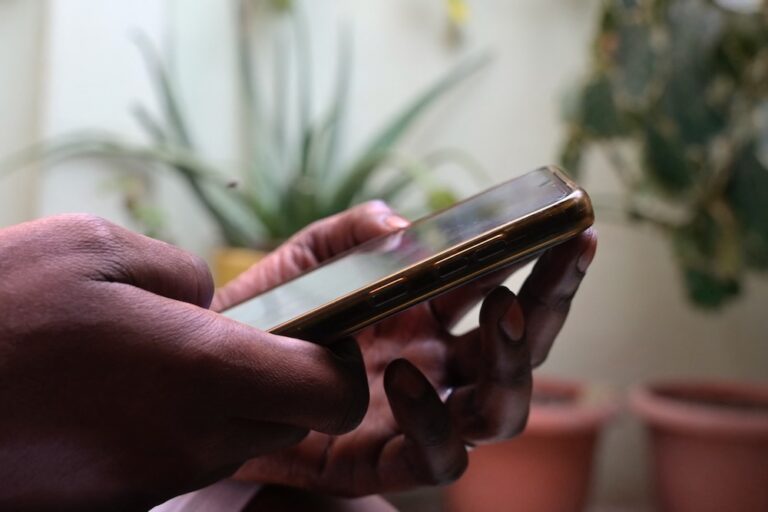The IFJ is marking International Women's Day by calling on media organisations and public authorities to confront violence against female journalists by providing a safe working environment for women in the media.
The International Federation of Journalists (IFJ) is marking International Women’s Day [8 March] by calling on media organisations and public authorities to confront violence against female journalists by providing a safe working environment for women in the media.
In November 2013 the IFJ launched a global campaign to denounce violence against women journalists and alert public authorities on their need to end impunity for these crimes.
“In addition to numerous cases of discriminations in the workplace including gender pay gap and glass ceiling, women journalists are subject to specific violence because they are women. Numerous cases of intimidation, sexual harassment, physical attacks have been reported and we cannot tolerate that those cases are perpetrated in total impunity,” said Zuliana Lainez, head of the IFJ working group on violence against women journalists.
The IFJ calls on media organisations and public authorities to take the necessary measures to ensure that women journalists can carry out their job in full security.
It recommends, in particular, that media houses adopt specific policies (if already not in place) to fight against sexual harassment and bullying and accordingly set up in-house committees to ensure implementation in both letter and spirit, adopt proper and severe sanctions against perpetrators of acts of violence in the newsrooms and provide specific safety trainings for women on how to handle physical attacks and threats when working in the field.
The IFJ invites media organisations to take diligent action to address issues related to gender-based violence in news reporting along the IFJ guidelines for reporting on violence against women. The media should also commit to promote dialogue, both within newsrooms and the news, in order to increase social awareness of the need to eradicate gender-based violence.
The IFJ encourages journalists, their unions and supporters to express their concerns over violence against women journalists and demand an end to impunity for these crimes by posting on #IFJVAW.
Additionally, the IFJ requests unions to keep a data base of such cases and report them to the IFJ Gender Council for further action or support.
For the first time, this year the IFJ will be taking the opportunity to raise these issues and others impacting women and women journalists at the upcoming UN Meeting on the Status of Women (New York, 10 to 21 March 2014, UNCSW58).
Each year the meeting focuses on a different theme. This year’s theme is the Challenges and achievements in the implementation of the Millennium Development Goals for women and girls. Along with other Global Union Federations (GUF), the IFJ is calling for equal access to work, education and public services, as well as empowerment and the elimination of all forms of violence, based on previous UN frameworks and agreements.
“It is essential that we follow-up the 1995 Beijing Platform’s call for increased gender sensitivity in the media”, said Mindy Ran, co-Chair of the IFJ Gender Council and the IFJ representative for this UN Meeting.
“The UN has long recognised the vital role the media plays in civil society and its impact on discrimination, violence and human rights abuses. These impacts can create harm through supporting the status quo, denying women their inherent human dignity and contributions, distorting the images of women, or making these crimes invisible through under reporting or protecting those who commit these crimes.
“Alternatively, media can act in a positive way through informing civil debate and the promotion of ethical journalism initiatives through journalists’ unions and educational institutions, as well as to redress the imbalance between the sexes in the news and the newsrooms.”
A joint declaration was adopted by the Global Union Federations in preparation for this event (available in English, Spanish and French).



